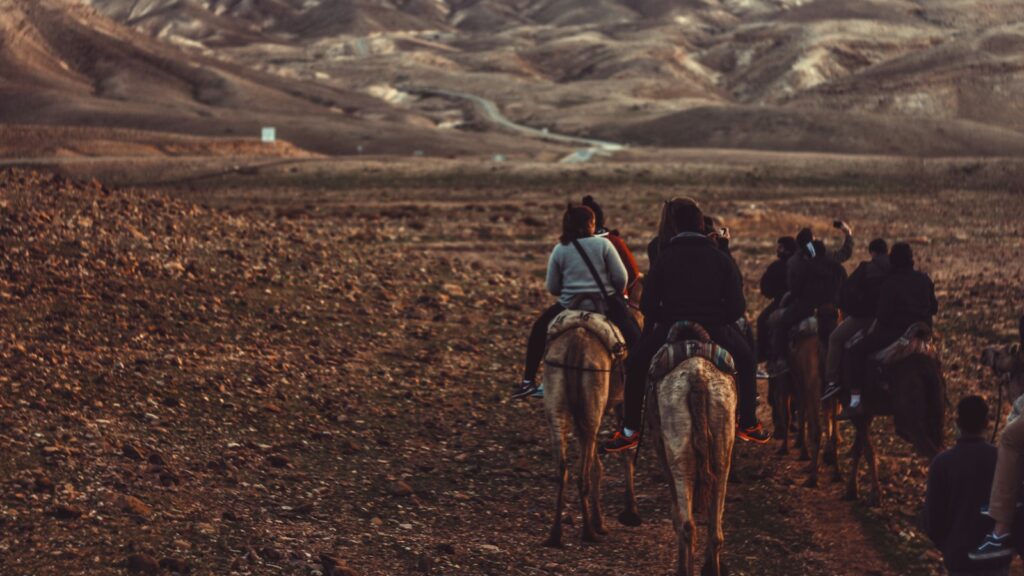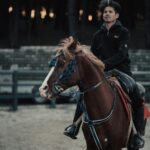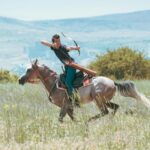For horse owners, there’s nothing quite like the bond formed through shared adventures. While daily rides around your property offer comfort and routine, horseback vacations open up a world of extraordinary experiences for both you and your equine companion. However, these extended journeys require specific preparation and training that goes beyond basic riding skills. A well-trained horse that’s ready for vacation travel will make your adventure safer, more enjoyable, and create memories that last a lifetime. Let’s explore why preparing your horse for these special journeys is worth every moment of training.
Understanding the Unique Demands of Trail Vacations
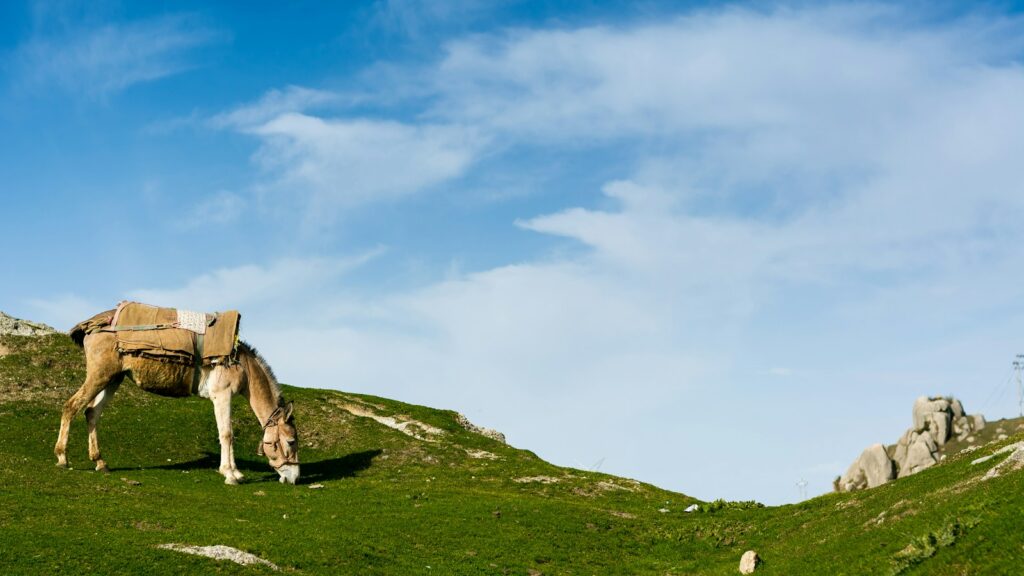
Horseback vacations differ significantly from regular riding sessions or even day-long trail rides. Your horse will encounter unfamiliar terrain, wildlife, water crossings, and overnight accommodations that can be unsettling without proper preparation. The physical demands will also be greater, with consecutive days of longer rides requiring stamina beyond what your horse might typically need. Additionally, your equine companion will need to cope with changing environments, new companion horses, and potentially stressful transportation to your destination. Training specifically for these challenges creates a foundation of confidence and capability that will serve both of you throughout your journey together.
Building Essential Trail Confidence
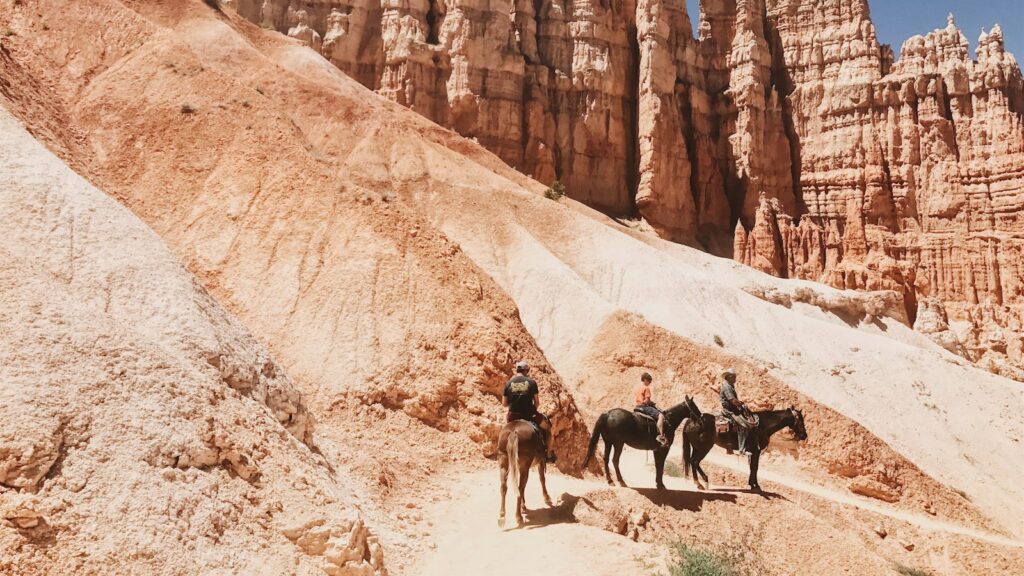
A confident trail horse makes for a relaxed rider and a safer vacation experience. Training should focus on exposing your horse to various natural obstacles they might encounter—logs, water crossings, narrow paths, and uneven ground. Begin with controlled situations at home before gradually introducing more challenging scenarios in supervised settings. Patience is crucial, as rushing confidence-building exercises can create lasting anxiety rather than assurance. Remember that each positive experience builds upon the previous one, creating a horse that approaches new challenges with curiosity rather than fear. The goal isn’t just a horse that tolerates obstacles but one that approaches them with willing partnership and trust in your guidance.
Developing Physical Stamina and Conditioning
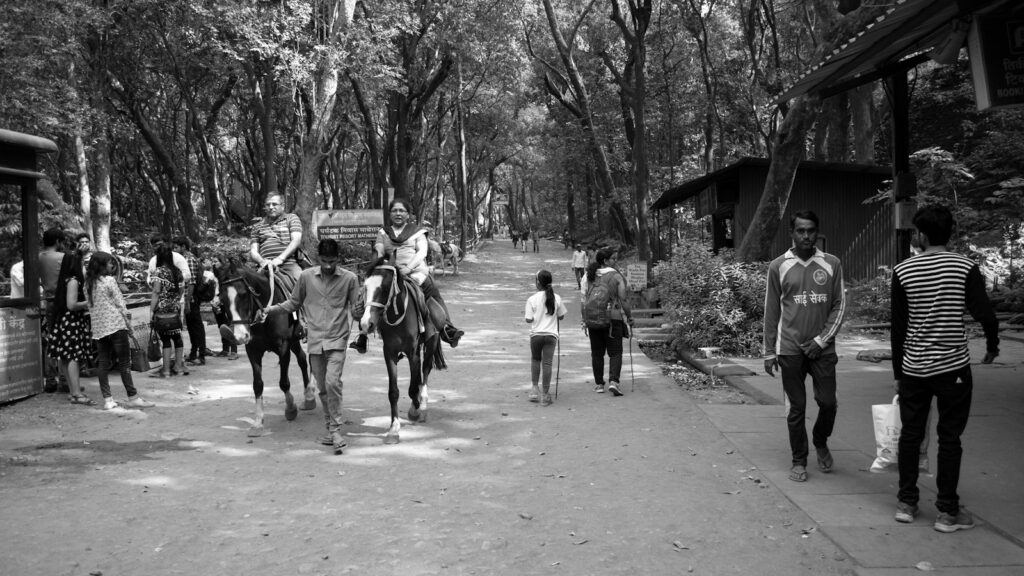
Vacation riding often requires your horse to work for extended periods over multiple days—something even regularly ridden horses may not be conditioned for. Start by gradually increasing your riding time and intensity several months before your planned vacation. Incorporate varied terrain that simulates what you’ll encounter, including hills for building hindquarter strength and balanced muscle development. Monitor your horse’s recovery time after workouts, as this indicates improving fitness levels when it decreases. Pay special attention to hoof conditioning if your horse typically works in softer arenas but will be traveling on rocky trails or harder surfaces. A properly conditioned horse will not only perform better but will also be less prone to injury and exhaustion during your adventure.
Training for Trailer Loading and Transportation
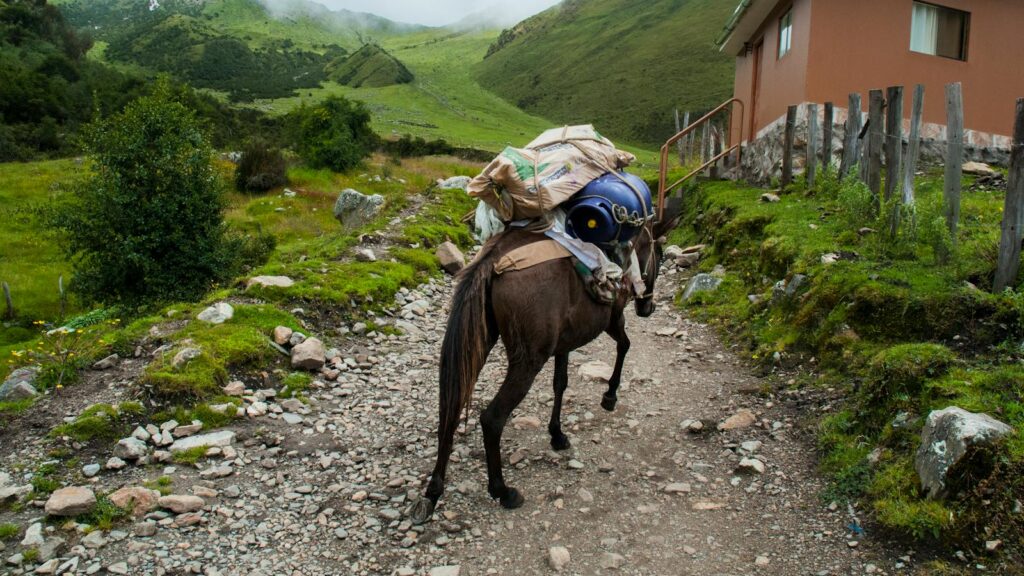
Many horseback vacations begin with trailering to a destination, making stress-free loading essential for starting your trip positively. Practice trailer loading regularly, not just when you’re heading to an event, so your horse doesn’t associate the trailer with stressful situations. Work toward having a horse that loads calmly without rushing, stands quietly during preparation, and unloads in a controlled manner regardless of the environment. Consider practicing loading and unloading in different locations and conditions to prepare for the variety of situations you might encounter on your travels. A horse that travels well arrives at your vacation destination ready to enjoy the experience rather than recovering from transportation stress.
Mastering Essential Ground Manners
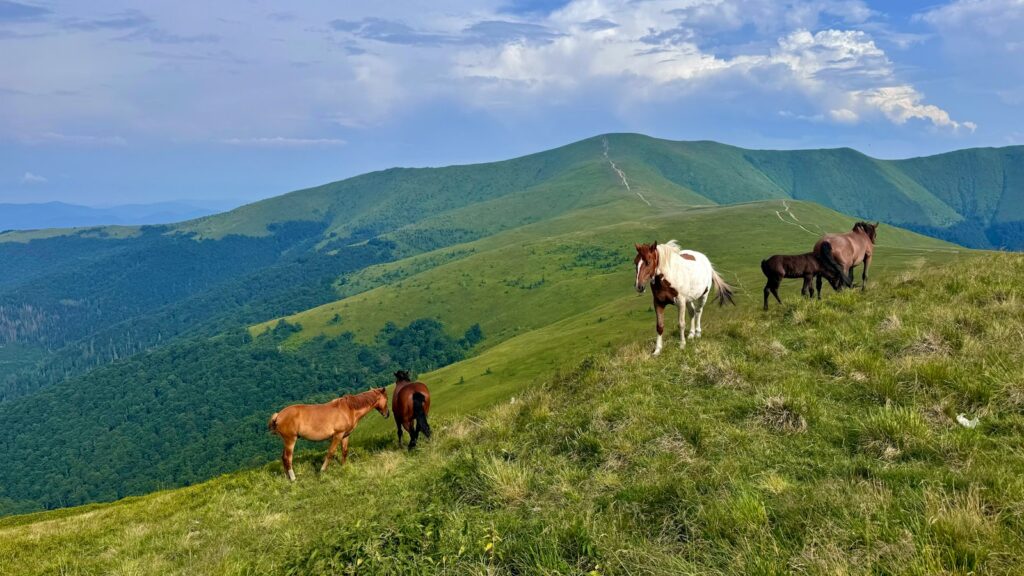
Impeccable ground manners become especially important when navigating unfamiliar environments during vacation travels. Your horse should walk respectfully beside you without pushing, pulling, or crowding your space, even when excited or nervous about new surroundings. Train for patience while tied, as your horse may need to stand secured outside cabins, at lunch spots, or in temporary corrals during your adventure. Practice having your horse stand calmly for grooming, tacking up, and basic care in various environments with different distractions present. These foundational skills make every aspect of your vacation more pleasant and demonstrate consideration for other riders and horses you may encounter during group trail vacations.
Desensitizing to Wildlife and Natural Hazards

Wild environments present stimuli your horse may rarely encounter at home—from wildlife like deer suddenly bounding across the trail to flapping tarps at campsites. Systematic desensitization training prepares your horse to react calmly rather than with flight responses that could endanger both of you. Create controlled exposure to common trail surprises using items like fluttering flags, unexpected sounds, and unfamiliar objects placed along your regular riding routes. Teach your horse to stop and assess rather than spin or bolt when startled. Remember that desensitization is progressive—begin with mild versions of stimuli and increase intensity only as your horse demonstrates comfort with each level. The goal isn’t eliminating the startle response entirely, but rather developing a horse that recovers quickly and looks to you for guidance.
Perfecting Trail Riding Communication
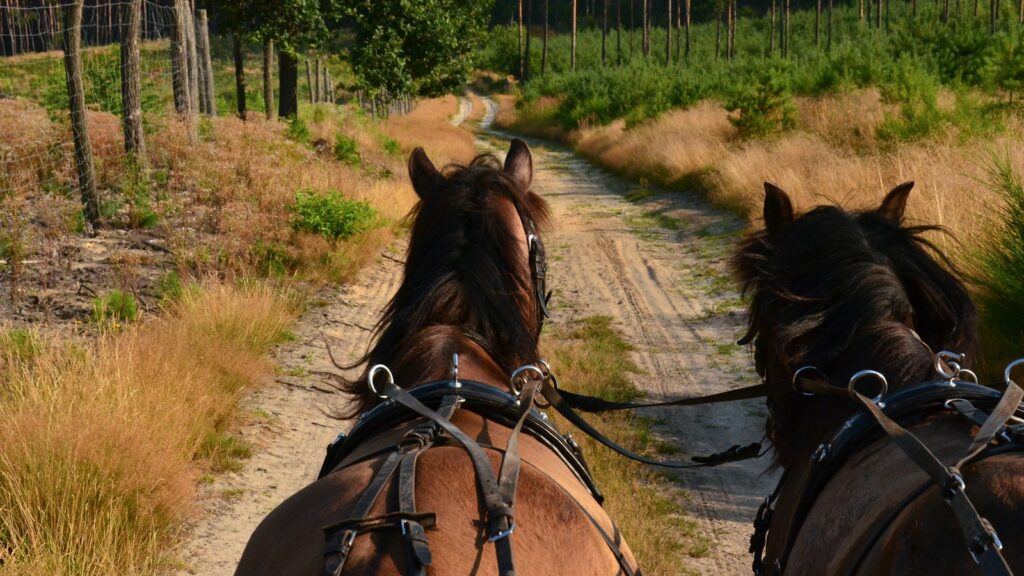
Clear communication becomes even more critical when navigating challenging vacation terrain or unexpected situations. Refine your aids so your horse responds promptly to subtle cues for stopping, backing, and lateral movements, which may be necessary on narrow or technical trails. Practice riding with minimal rein contact, developing your horse’s responsiveness to seat and leg aids for times when you need your hands free or one-handed riding. Work on maintaining consistent pace without constant rider input, particularly important for long stretches of trail where constant cueing would fatigue both horse and rider. These communication skills create a responsive partnership that enhances safety and enjoyment throughout your vacation adventures.
Teaching Adaptable Camping and Overnight Skills
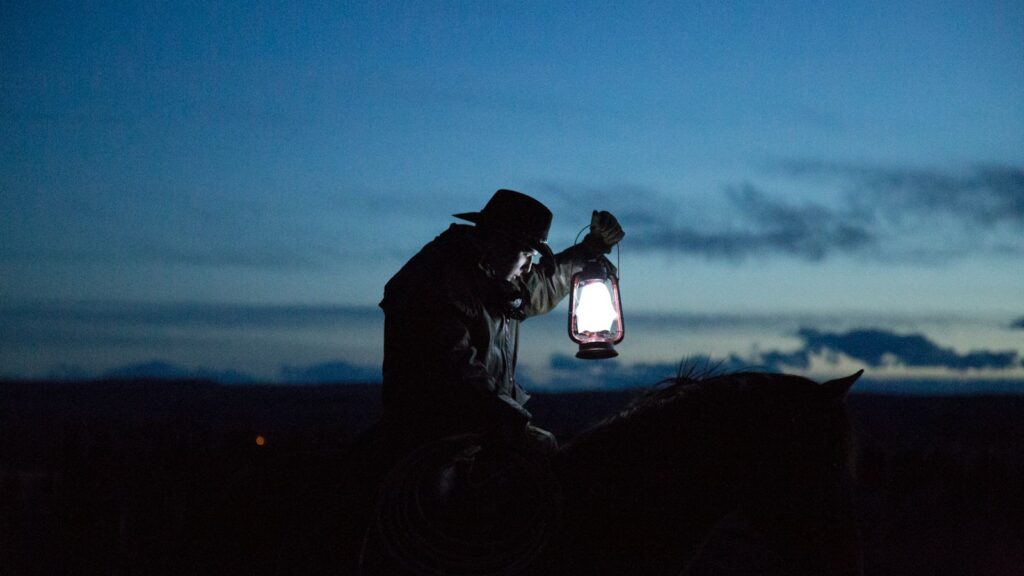
Multi-day horseback vacations typically involve overnight accommodations that differ from your horse’s usual stable environment. Train your horse to accept temporary containment systems like high-lines, portable corrals, or picket lines they’ll likely encounter at campsites or remote accommodations. Practice having your horse eat and drink in unusual settings, as some horses become hesitant to hydrate or eat properly when away from home. Introduce your horse to camping equipment like tents, camp stoves, and sleeping bags so these items don’t become sources of alarm during your trip. Gradually extend the time your horse spends in these alternative housing situations, creating positive associations through consistency and rewards.
Promoting Social Skills with Other Horses
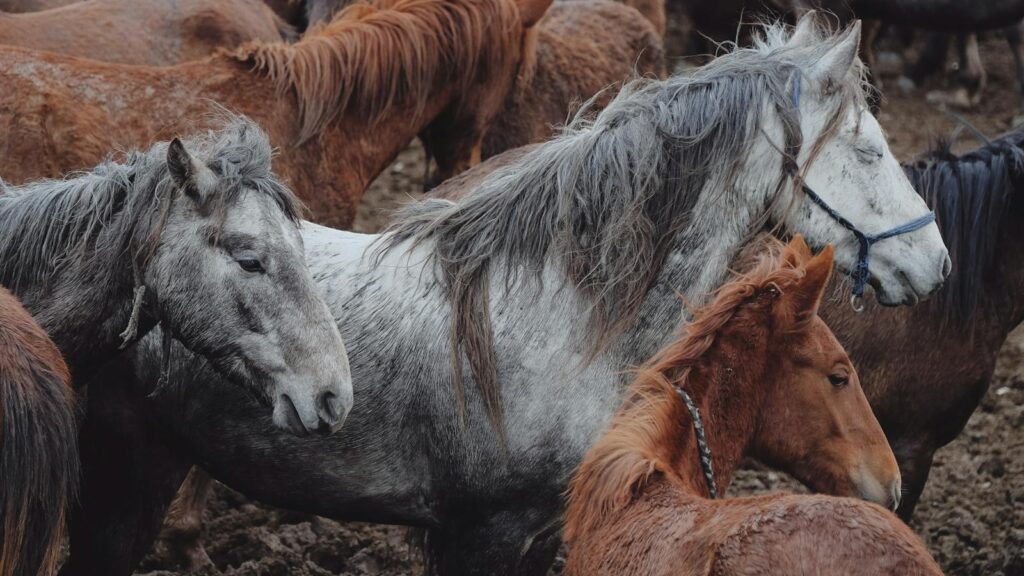
Group trail vacations require horses that can travel peacefully together, sometimes in close proximity for extended periods. Develop your horse’s ability to maintain a comfortable distance from others without excessive pinning of ears, kicking, or crowding behaviors that create tension in the group. Practice riding with unfamiliar horses whenever possible, helping your horse learn that new equine companions don’t present threats. Work on maintaining focus on you rather than becoming fixated on other horses’ behaviors, particularly important when riding near horses that might be less well-mannered. A socially adept horse contributes to a harmonious group dynamic that makes the vacation experience more pleasant for all participants.
Ensuring Reliable Behavior Around Water
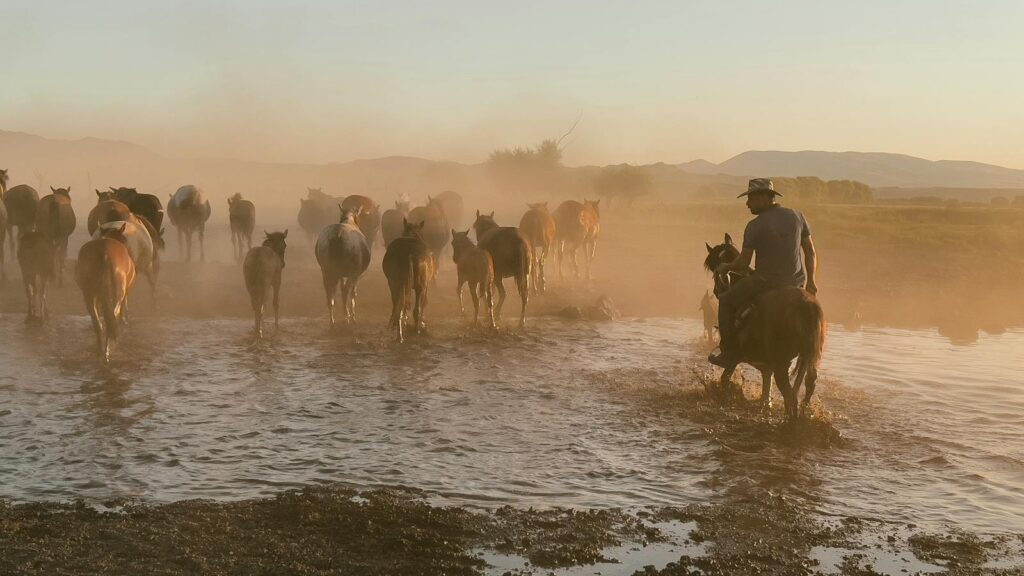
Water crossings frequently feature in the most scenic trail rides, making water confidence essential for enjoyable horseback vacations. Begin water training with puddles and shallow crossings before progressing to deeper water or moving streams. Teach your horse to approach water calmly, assess it, and proceed through without rushing or leaping, behaviors that can unseat riders or create dangerous situations. Consider training for both crossing water and standing quietly in water, which may be necessary for cooling off during hot weather rides or navigating longer water features. A horse that handles water confidently opens up beautiful trail options that might otherwise be inaccessible during your vacation adventures.
Developing Adaptable Eating and Drinking Habits
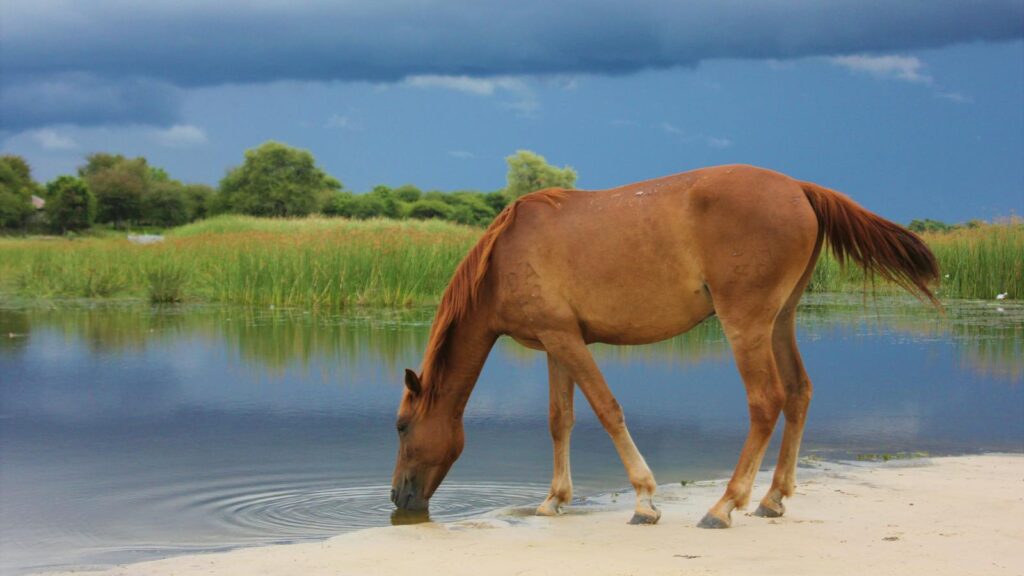
Nutrition and hydration challenges can derail an otherwise perfect horseback vacation if your horse refuses unfamiliar water sources or feed. Prepare by introducing your horse to various water presentations—buckets, automatic waterers, natural water sources—and different water tastes using safe additives like apple juice that can mask unfamiliar mineral contents you might encounter while traveling. Gradually transition to feeds that will be available during your vacation, particularly important if you typically feed specialized blends not available at your destination. Practice having your horse eat in various scenarios, including while tied, in temporary corrals, or with unfamiliar horses nearby. A horse that maintains proper nutrition and hydration throughout your trip will have more energy and remain healthier throughout your adventure.
Creating Emergency Response Training
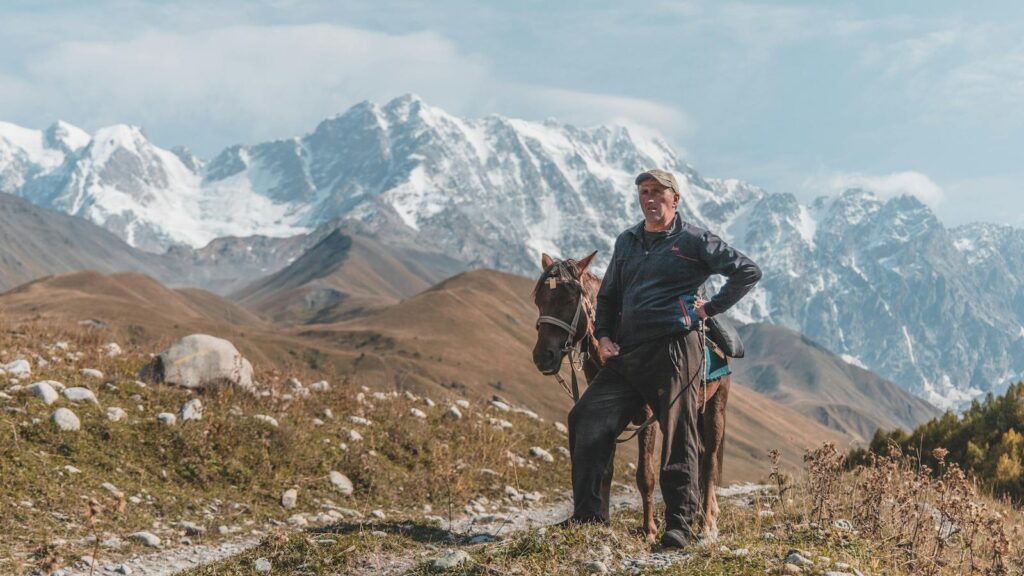
Remote trail riding inherently involves situations where immediate veterinary assistance might not be available, making your horse’s cooperation during first aid or emergency situations critically important. Train your horse to accept examination of all body parts, including sensitive areas like eyes, ears, and hooves that might need attention during a vacation emergency. Practice applying bandages, hosing off injuries, and administering basic medications in controlled settings before you need these skills in a critical situation. Teach your horse to ground-tie or stand calmly without restraint, which can be invaluable if you need to address an emergency situation alone. This emergency preparedness creates peace of mind and could prevent a minor issue from becoming vacation-ending during your travels.
Enjoying the Rewards of Preparation
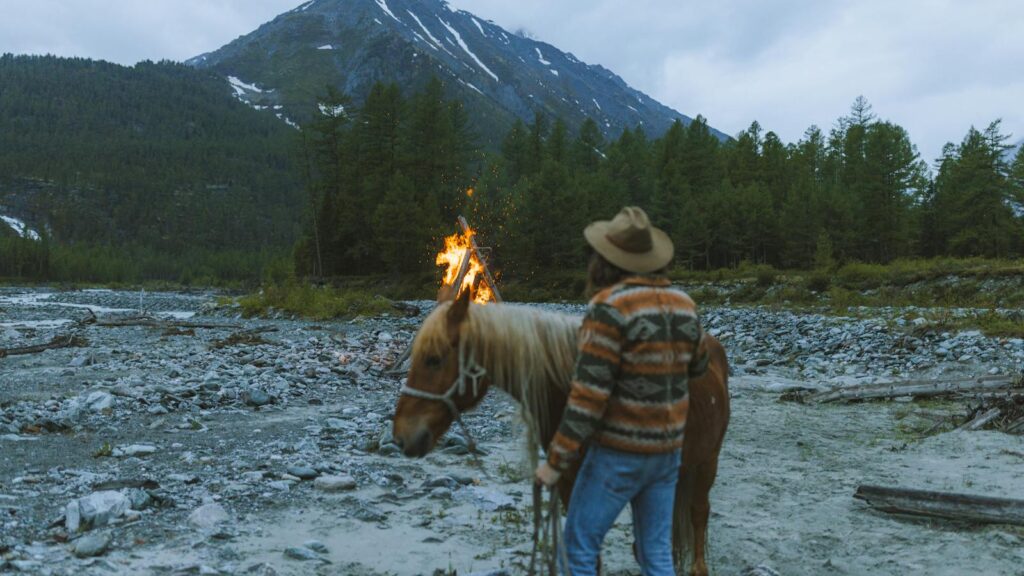
The time invested in preparing your horse for vacation adventures yields rewards far beyond basic trail readiness. You’ll develop a deeper partnership based on trust and clear communication that transfers to all aspects of your equine relationship. Your confidence as a rider will grow as you navigate progressively more challenging situations successfully during training. You’ll discover your horse’s unique personality more fully as you work through obstacles and adventures together, creating a more nuanced understanding of each other. Most importantly, thorough preparation opens doors to extraordinary experiences—sunset rides along ocean shores, traversing mountain passages, or exploring historical trails—that would remain inaccessible with an unprepared horse. The journey of training becomes as meaningful as the vacation itself.
conclusion
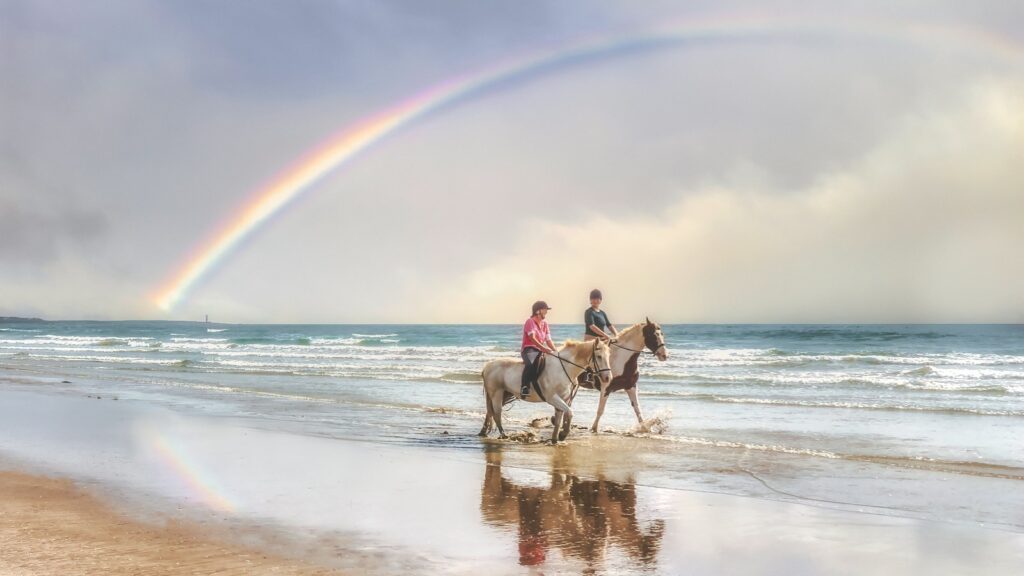
Preparing your horse for horseback vacations represents an investment in possibilities—the possibility of seeing breathtaking landscapes from between your horse’s ears, the possibility of pushing beyond your comfort zone together, and the possibility of creating stories you’ll tell for years to come. While the training process requires dedication and patience, each skill your horse masters brings you closer to adventures that many equestrians only dream about. The bond formed through shared challenges and triumphs during these special journeys offers a unique dimension to your relationship that daily arena riding simply cannot provide. When you finally embark on that backcountry trail or beach ride you’ve been dreaming of, you’ll find that every moment spent preparing was an essential part of the adventure itself.

